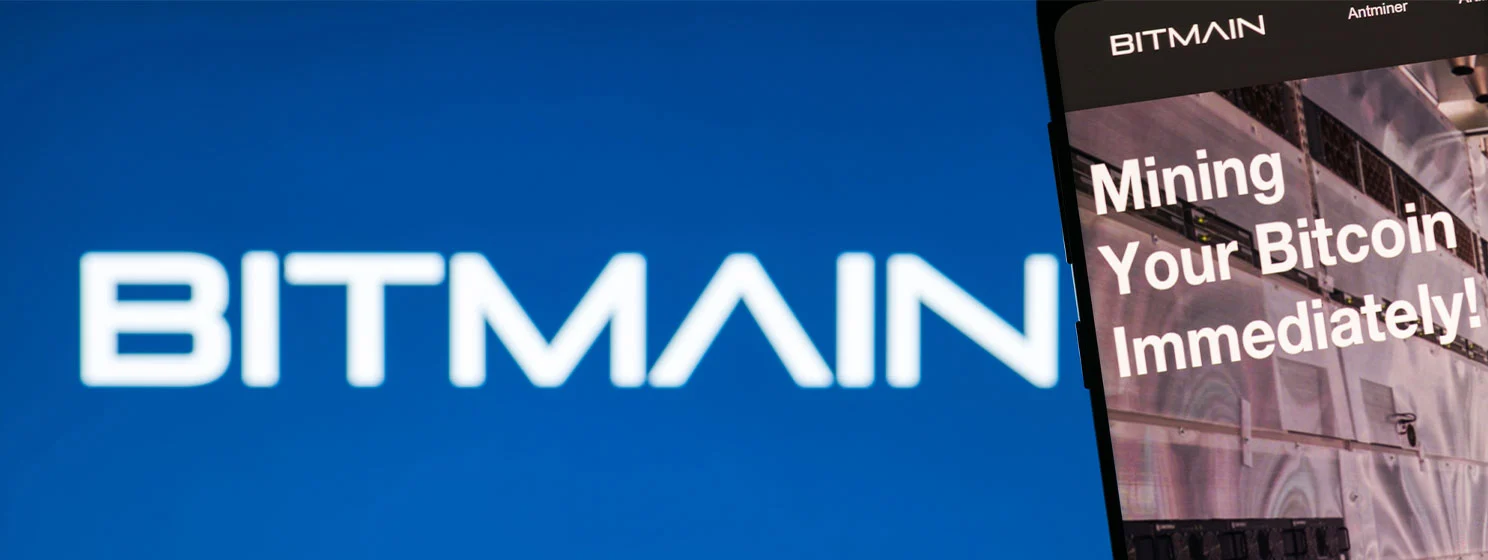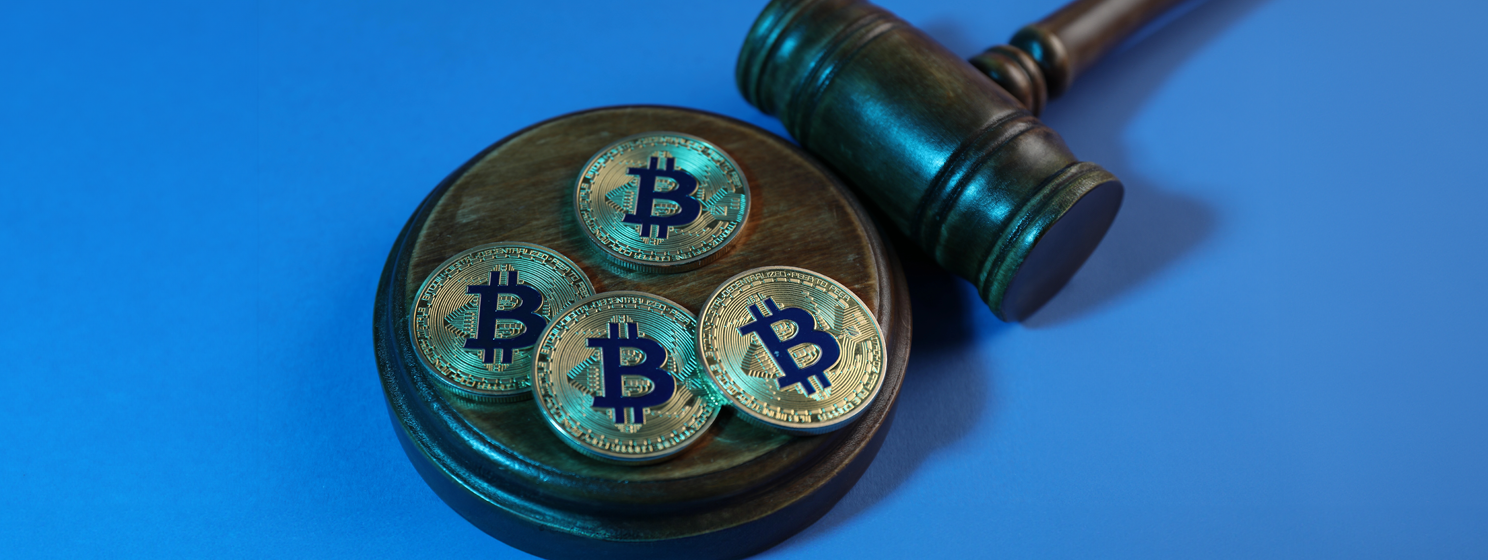|
Getting your Trinity Audio player ready...
|
Kim Il-hwan, co-founder of South Korean cryptocurrency exchange Coinnest, was arrested in Seoul on Monday on allegations of embezzling customer funds, local news outlets reported.
This is the first time any representative of a Korean digital currency exchange has been arrested. Prosecutors believe Kim had been removing funds from customer trading accounts.
The arrest comes after the South Korean government had taken many measures to control cryptocurrency activities in the country. The Seoul Metropolitan Government Financial Investigation Division started investigating three virtual currency exchanges in December, including Coinnest. According to reports, the investigators got hold of the accounting data of the three virtual currency exchanges and critically analyzed the information for 20 days. It was during this process that the office of the prosecution stumbled upon information showing the alleged misconduct by the Coinnest CEO.
Kim was one of the four executives taken in by Seoul police for questioning, according to local newspaper Hanguk Ilbo. It is believed the embezzled funds summed up to KRW1 billion (US$940,000).
Media outlet Seoul Kyungjae reported that the cryptocurrency exchanges first claimed irregularities when the Seoul Metropolitan Government Financial Investigation Division started its investigations. This stand, however, was changed as the authority dug deeper into the investigations.
The police claimed to have evidence on suspicious transaction activities on many exchange platforms in the country. There are reports of an ongoing investigation of yet another virtual currency exchange that used a disingenuous scheme to collect funds from people.
The raid proved to the public that the laws implemented at the beginning of the year are helping the Seoul government eradicate fraudulent activities in the country. The new laws, which came into effect last January 30, required digital currency exchanges in South Korea to comply with Know Your Customer (KYC) and Anti Money Laundering regulations during their operations.

 09-16-2025
09-16-2025 





